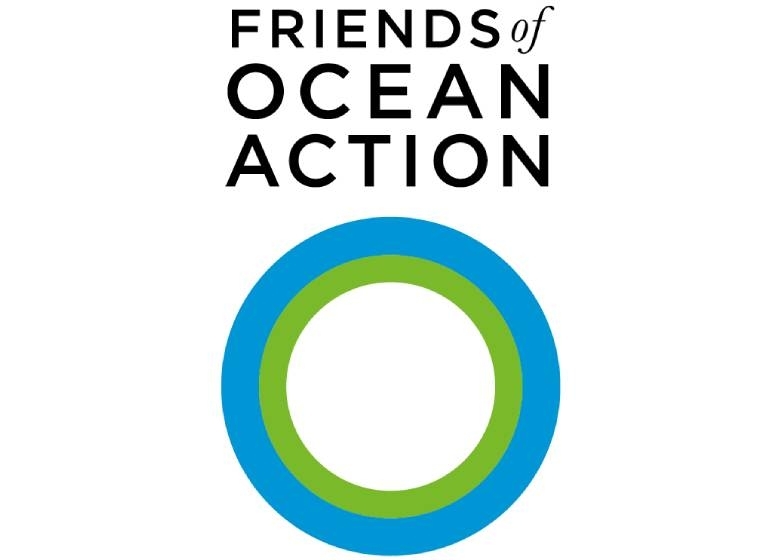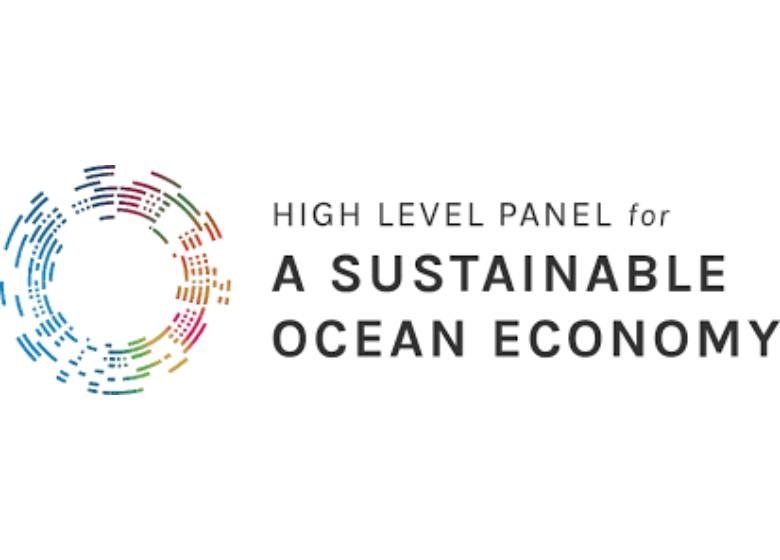Collaborators
We work with a diverse and committed group of partners at Stanford and beyond who share our commitment to improving the health of the oceans for the people who depend on them most. See some of our partners below.
At Stanford
Several academic units at Stanford provide educational opportunities related to ocean issues. Students have the opportunity to engage in multidisciplinary training and research. Additional information about degree programs and course offerings can be found on the website of each of these units.
Learn more about student engagement
Stanford Doerr School of Sustainability
The Stanford Doerr School of Sustainability launched in September 2022 and draws on a deep understanding of Earth, climate, and society to create solutions at a global scale, in collaboration with partners worldwide. Its distinctive three-part structure includes departments and programs to generate knowledge, institutes to innovate across disciplines (such as the Stanford Woods Institute, where the Center for Ocean Solutions is housed), and a sustainability accelerator to drive policy and technology solutions. Through collaborations with the school's Oceans Department, Hopkins Marine Station, and colleagues across the university and beyond, the Center for Ocean Solutions works across disciplines and sectors to ensure insights lead to real-world impact and create a future where humans and nature thrive in concert and in perpetuity.
Stanford Woods Institute for the Environment
Stanford Woods Institute for the Environment serves as Stanford University’s hub for faculty for environmental studies. An interdisciplinary research lab, Woods encompasses senior fellows and affiliated faculty as well as researchers, postdoctoral scholars and students collaborating on sustainability research. The Center for Ocean Solutions is part of the Woods Institute, and we collaborate with many programs and centers, especially with the Center on Food Security and the Environment to build a community of researchers investigating the many connections between oceans and the food system, and with the Natural Capital Project, which works to integrate the value nature provides to society into all major decisions.
Hopkins Marine Station
Stanford's Hopkins Marine Station is the oldest marine laboratory on the west coast (and the third oldest in the U.S). Research at Hopkins Marine Station addresses important questions in marine biology at scales of organization from DNA to ecosystems, at locations from our bustling laboratories to field sites around the world.
Emmett Interdisciplinary Program in Environment and Resources
Stanford's Emmett Interdisciplinary Program in Environment and Resources (E-IPER) develops the knowledge, skills, perspectives, and ways of thinking needed to understand and help solve the world’s most significant environmental and resource sustainability challenges. E-IPER offers a PhD in Environment and Resources and, for students in the Graduate School of Business, Stanford Law School, and School of Medicine, a Joint Masters of Science. E-IPER students have explored a myriad of issues related to oceans, including linkages between oceanography and sustainable development with a particular focus on island nations.
School of Engineering
Stanford Engineering has long been at the forefront of groundbreaking research and innovation. From applying artificial intelligence, statistics, machine learning, ecosystem science and modeling complex systems, we are tackling major challenges together, including combatting illegal fishing, managing ocean risk and supporting sustainable ocean economies.
Humanities and Sciences
Stanford’s School of Humanities and Sciences is the foundation of liberal arts education at Stanford. Together we are working across behavioral sciences and human rights issues to address slavery in the seafood sector and developing approaches and tools to promote sustainable development across small island developing states. We work specifically with the WSD Handa Center for Human Rights and International Justice, which promotes human rights across the globe, and with the Center for Advanced Study in the Behavioral Sciences, a leading incubator of human-centered knowledge.
Stanford d.school
Stanford's d.school is a hub for innovation, collaboration and creativity, with a mission to help people become everyday innovators, everywhere. We co-hosted 2018-2019 Ocean Design Teaching Fellows, who co-developed and taught a course on Design for the Oceans, while also exploring the intersections of oceans and design with an eye out for other domains as well. Additionally, together we are exploring the application of human-centered design approaches to identify new technologies and other approaches that can help fishing communities manage their resources.
Partners












